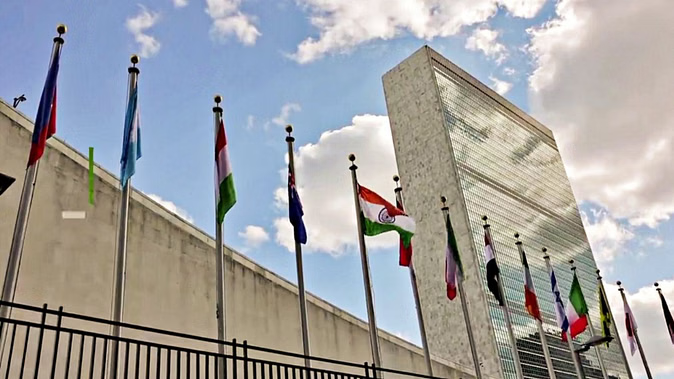India Elected Unopposed to UN Human Rights Council for the Seventh Time, to Serve 2026–2028 Term
In a significant diplomatic achievement, India has been elected unopposed to the United Nations Human Rights Council (UNHRC) for a three-year term spanning 2026 to 2028. This marks India’s seventh consecutive term on the Council — a reflection of the country’s growing global stature and continued dedication to promoting and protecting human rights across the world.
The election took place at the United Nations General Assembly (UNGA), where 47 member states were chosen to serve on the Council. India’s unopposed victory highlights the international community’s trust and confidence in its role as a responsible global actor committed to upholding human rights, democracy, and the rule of law.
Following the announcement, India’s Permanent Representative to the United Nations, P. Harish, expressed gratitude to the member states for their overwhelming support. He noted that India’s re-election underscores its “unwavering commitment to human rights and fundamental freedoms.”
In a post shared on social media, he reaffirmed that India looks forward to advancing the principles of equality, justice, and dignity for all during its upcoming tenure, and to working constructively with all nations to strengthen the global human rights framework.
About the United Nations Human Rights Council
The UN Human Rights Council (UNHRC) is the premier intergovernmental body of the United Nations responsible for promoting and protecting human rights globally. Established in 2006 by the UN General Assembly, it replaced the former Commission on Human Rights. The Council consists of 47 member states, elected for staggered three-year terms, representing different geographical regions to ensure balanced participation.
The Council’s core functions include:
- Promoting universal respect for human rights and fundamental freedoms
- Reviewing human rights situations in member states through mechanisms such as the Universal Periodic Review (UPR)
- Addressing violations and making recommendations for corrective action
- Encouraging dialogue and cooperation on global human rights issues
India was first elected to the UNHRC in 2006, the very year the body was established. Since then, it has played a constructive and balanced role in the Council, emphasizing dialogue, inclusivity, and cooperation as key to achieving lasting human rights progress.
India’s continuous re-election to the UNHRC reinforces its commitment to democracy, pluralism, and global peace, as well as its vision of a just and equitable international order rooted in respect for human dignity.
